Caffeine & the Mind: What Psychology Says About Your Morning Cup
Morning Coffee: A Good Start to Your Day?
Coffee is more than just a morning ritual – it’s a powerful substance. But how much caffeine are we really consuming, and what are the psychological implications?
The Coffee Brain Effect isn’t just a catchy phrase—it’s a psychological and physiological phenomenon. From a boost in concentration to a surge in anxiety, caffeine’s effect on the brain can be profound. Whether you’re a daily drinker of brewed coffee or an occasional energy drink consumer, understanding how caffeine affects mental health can help you make smarter, healthier choices. In this article, we explore what science—and psychology—says about your daily cup and its impact on your mind, mood, and more.

How Much Caffeine Is in Your Coffee?
According to data cited in a recent podcast about caffeine with Healthline.com, the average 8-oz. cup of brewed coffee contains about 95mg of caffeine. However, that number varies between commercial brands. A Starbucks Venti brewed coffee contains around 415mg, while Dunkin’s extra-large coffee can have up to 500mg. That’s the equivalent of four to five standard cups!
Coffee’s Mental Effects: Benefits & Risks
The effects of caffeine on our psychological health come with both benefits and risks. Moderate caffeine intake is associated with improved mood, focus, and concentration, with some research even suggesting long-term benefits, such as possible protection against Parkinson’s disease and depression.
 However, the effects aren’t all positive. Caffeine may cause increased stress reactions, elevated heart rates, and restlessness or panic in those with anxiety disorders.
However, the effects aren’t all positive. Caffeine may cause increased stress reactions, elevated heart rates, and restlessness or panic in those with anxiety disorders.
“Most of the clients we see at Prasad Counseling and Training are battling anxiety,” says practice owner Bill Prasad, LPC-S, LCDC. “Too much caffeine in coffee or energy drinks can be counterproductive to anti-anxiety medication and therapy.”
Additionally, a high caffeine intake might also affect the quality of sleep, which is crucial for maintaining mental well-being. Ultimately, the relationship with caffeine is very individualized, with genetics playing a big part in how individuals metabolize coffee.
Finally, it is worth highlighting that most research on caffeine’s health benefits comes from studies involving coffee and/or tea, drinks with antioxidants and other health benefits. These findings are difficult to generalize to various coffee brands because energy drinks and caffeine supplements might not have the same psychological benefits.
The Right Amount of Coffee?
According to the most recent dietary guidelines for Americans, a healthy adult can have up to 400 mg of caffeine per day. That equals about 4 standard cups. However, those with certain medical or psychiatric disorders should speak with a healthcare professional to find out what is best for them.
The coffee brain effect reminds us that our favorite pick-me-up is more than just a habit—it’s a substance that directly influences our mental state. While moderate caffeine intake can enhance mood and focus, too much can interfere with sleep, increase anxiety, and blunt the effectiveness of treatments for mental health conditions.
Everyone’s threshold is different, so pay attention to how your body and brain respond. Whether you stick with one small cup or reach for a Venti, being mindful of how caffeine affects your brain is the best way to enjoy coffee’s benefits without the drawbacks.
In the end, caffeine can assist with psychological functioning, but how much you drink, how your body reacts, and where you get your caffeine will affect its effects. Moderation and self-awareness are essential.
SOURCE: Optimal Health Daily – Fitness and Nutrition “3000: How Much Caffeine in a Cup of Coffee? A Detailed Guide by Adda Bjarnadottir with Healthline”



